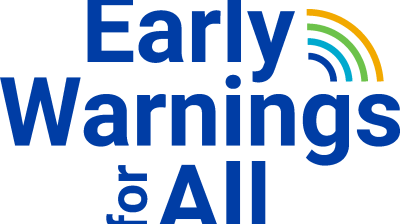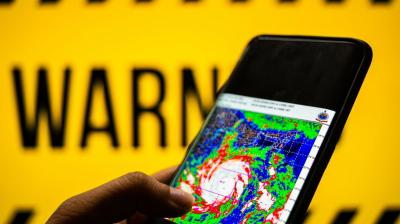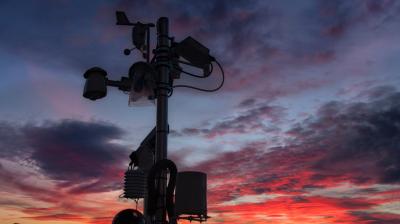Global Status of Multi-Hazard Early Warning Systems 2023
The Global Status of Multi-Hazard Early Warning Systems 2023 report outlines the progress that has been made under the Early Warnings for All (EW4All) initiative. It seeks to highlight good practices through case studies and examples of both global and regional initiatives which are contributing to the achievement of the goal set by the United Nations Secretary-General António Guterres.
Africa has doubled the quality of early warning systems coverage, but still falls below the global average. Less than half of the Least Developed Countries and only 40% of small island developing States have a multi-hazard early warning system. In the Arab States, risk knowledge to underpin early warning systems was found to be particularly low.
The report analyses the latest data one year into the Early Warnings for All Initiative which aims to cover everyone everywhere by 2027.

It was launched at COP28 by United Nations Secretary-General António Guterres at a high-level event attended by ministers and stakeholders. The report reveals that 101 countries have reported having an early warning system, an increase of six countries compared to last year, and representing a doubling of coverage since 2015.
Press Release
Other resources
About the Global Status of Multi-Hazard Early Warning Systems series
The impact of disasters continues to increase at a rapid rate, fuelled by the climate emergency. Multi-hazard early warning systems (MHEWS) are a proven measure to reduce disaster risk and adapt to a changing climate.






